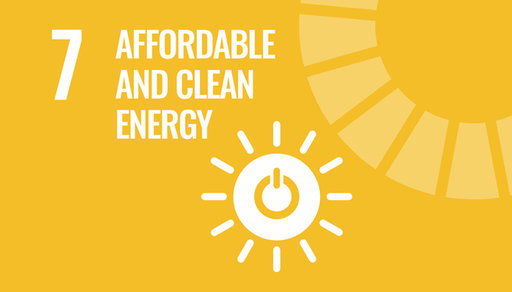
Affordable and clean energy
We cannot live without energy. Yet everyone knows that we derive too much energy form coal, oil, and gas. The use of these fossil fuels negatively impacts our globe. Energy must come from sustainable sources such as water, wind, sun, and other innovative solutions. In addition, we all need to use this sustainable energy more efficiently.
How? With our ‘Energy and Water Team’ project we identify energy and water saving measures. In Belgium, we are working hard to make the campus run entirely on renewable energy. We are investing in green energy sources, such as a fourth-generation heat grid based on deep geothermal energy in Beerse and our own wind turbine in Geel. The ‘Energy and Water Team’ is investigating how we can use this green energy more efficiently. The team’s motto is ‘think differently, do better’. They first map out where energy and water-saving are possible, and then initiate and implement projects. In addition, the team raises awareness and shows employees how they can use energy efficiently.
With whom? The ‘Energy and Water Team’ organizes meetings where employees can come up with energy-saving ideas. Internal and external technical experts then critically evaluate these ideas, after which the organizational committee sets to work to put the ideas into practice.
Click to edit...
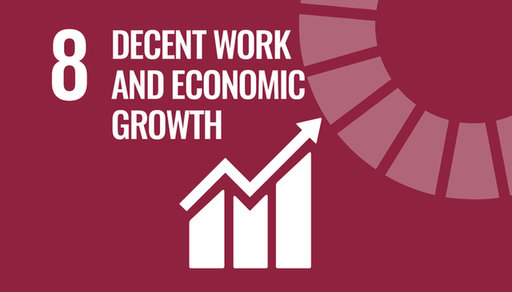
Decent work and economic growth
Everyone in the world should be equal and should be entitled to the same opportunities. At Janssen, we find it important that everyone can actively participate in society. Decent work can make an important contribution to this.
How? With our project ‘Maatwerk Ondersteuning Proefdierenverblijf’ we give people with limited access to the labor market a meaningful job that matches their capabilities. In parts of our company, including the laboratory animal enclosures, we employ people with a mental disability for routine tasks. In this way, we create around 20 meaningful jobs for people who would otherwise find it difficult to find work.
With whom? In this project, we have been working together with A-Kwadraat for 20 years. This company offers adapted, rewarding and meaningful work to more than 500 people who find it difficult to enter the labor market. Together, we regularly look at how we can further improve our collaboration, for example by expanding the range of tasks of A-Kwadraat employees.
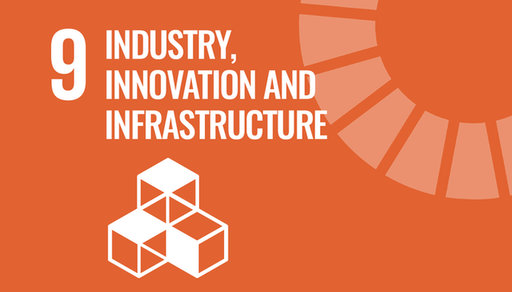
Industry, innovation and infrastructure
Achieve good health for everyone necessitates a good infrastructure, that is sustainable and environmentally friendly. This requires new solutions of the highest technological and ecological quality. To achieve this, we continuously implement innovative solutions.
How? We make the production of our medicines more sustainable, for example with the use of so-called ‘continuous manufacturing’ techniques. Traditionally, the production of medicines in the pharmaceutical industry is done in a batch process, in which a finished batch or quantity of a product is manufactured each time. For some of our products we have made the transition to a continuous production technology: the production keeps going and we can monitor and adjust it continuously. This enables us to reduce waste and environmental impact and to lower process risks, all the while maintaining existing product quality. Furthermore, we now also have the flexibility to produce larger or smaller quantities to meet changing demands.
With whom? To make our infrastructure more sustainable, we collaborate with various parties, including policy makers, regulators, academic institutions, and other companies.
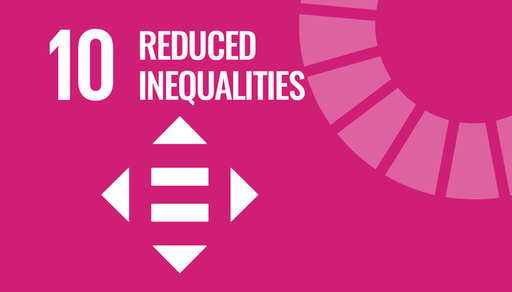
Reduced inequality
Inequality within countries has increased in recent years. Economic growth must be inclusive. In other words, everyone must be involved. When we talk about economic growth, we must also pay attention to the social aspects, such as the distressing health condition of people with intellectual disabilities.
How? We join forces with Special Olympics to give athletes with an intellectual disability in the Netherlands and Belgium access to the same care and support that athletes without a disability enjoy. With our contribution we help reduce inequality. Special Olympics is an organization for people with an intellectual disability. In addition to the many health benefits, Special Olympics gives athletes a chance to shine on stage, thereby contributing to their self-confidence and self-respect. We support Special Olympics financially, but we also encourage our own employees to help out, for example by volunteering at the National Games.
With whom? We work together with Special Olympics in Belgium and the Netherlands, with healthcare professionals and a network of experts. In addition, we work with universities to ensure, for example, that the curriculum of medical students pays more attention to people with intellectual disabilities.
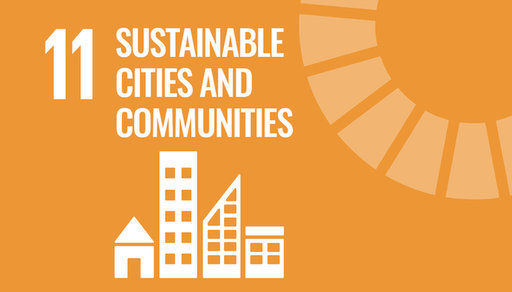
Sustainable cities and communities
One of the biggest future challenges that cities face is sustainable growth. Cities occupy 3% of the earth’s surface but are responsible for 60 to 80% of the energy consumption. Reducing energy consumption is a major task: at present, we still derive too much energy from fossil fuels.
How? Our campus in Beerse (Belgium) resembles a small town: here we consume as much electricity as 38.000 families. With our ‘Green Campus in 2050’ project, we want the campus to run entirely on renewable and green energy by 2050. We are constantly working on innovative solutions and sustainable ways to minimize our impact on the environment. We do this by investing in green and renewable energy sources, such as a fourth-generation heat network that uses on deep geothermal energy, as well as by building our own wind turbine at our site in Geel. We are also investing in a wind farm in the North Sea. Our objective is to run 35% of the campus on renewable energy by 2020. By 2050 we only want to use renewable energy.
With whom? In making our campus more sustainable, we work together with energy companies, governments, investors, knowledge institutions, and other companies.
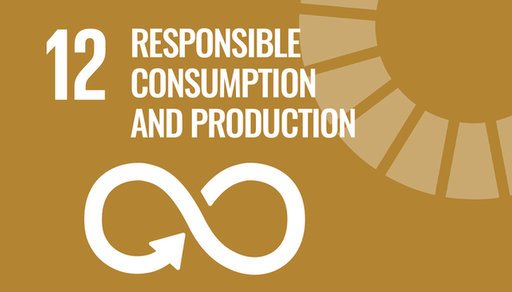
Responsible consumption and production
Producing goods must improve in light of the growing world population: we not only have to produce ‘more with less’, but production must also be cleaner: the goal is to reduce chemicals and other waste in the air, water and soil.
How? PVC is one of the most used plastics worldwide. The stability and flexibility of this material make it suitable as a high-quality packaging material for medicines. The downside is that many harmful substances are released during the production of PVC. That is why our ‘PVC to PETG Blister Change’ project wants to phase out and end the use of PVC in our packaging. We are adapting our blister packs so that they can be produced using a different plastic, PETG, without compromising on quality and safety. Producing PETG releases far fewer harmful substances than producing PVC. This way, we make our production process cleaner and produce less (chemical) waste.
With whom? In this project we work together with the suppliers of the packaging of our medicines.
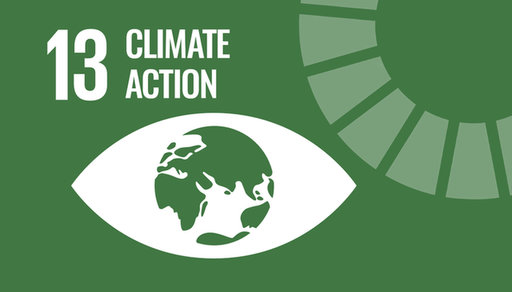
Climate action
Climate action must ultimately lead to the integration of climate change measures into policy strategies and planning. In addition, the individual has a major role to play. Each of us plays a role in combating climate change.
How? With the ‘Sustainability Month’ project, we want to continue to raise awareness of sustainability in all layers of our organization, so that it becomes anchored in the DNA of every employee. ‘Sustainability Month’ puts a number of sustainability initiatives in the spotlight during one month. It gives employees with good proposals a platform and wants to inform as many colleagues as possible about these topics. In 2018, for example, the main theme was waste. In 2019 the focus lies on ‘single use plastics’ and encouraged people to think about how they can use less plastic.
With whom? During ‘Sustainability Month’ we work together with all our business partners.
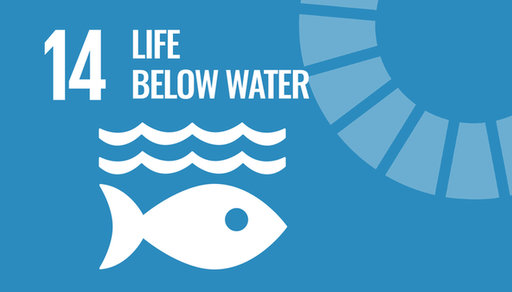
Life below water
Water: we all need it to survive. The way it is handled has an impact on society and the economy. Polluted water reduces the functioning of ecosystems: fish stocks and biodiversity in our oceans suffer as a result. We are committed to preventing pollution from our production processes and, where necessary, to purify our wastewater. We have an extensive wastewater program for this purpose.
How? Our goal with the wastewater program is to use water responsibly. Globally, we are looking at how we can reduce the demand for water and increase the reuse of water in all our activities. To minimize water wastage, we are researching how we can improve recycling on all our production and research sites. Improvements are currently being implemented at high-risk sites.4 In case we do turn water into waste, then it must meet wastewater discharge requirements and our internal wastewater quality standards.
With whom? Together with the CDP Water Program, we continue to work on clean water. For our water management efforts, we received a Water Security A-rating from the CDP in 2018.5
4 https://healthforhumanityreport.jnj.com/environmental-health/waste-water-management
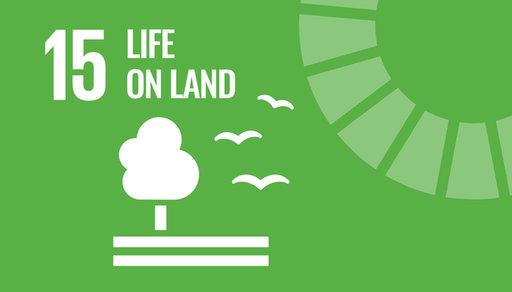
Life on land
Life on land is affected by human activity. There is loss of biodiversity and land degradation. To counteract this, we must protect and restore life on land by reducing the ecological impact of our activities.
How? We limit the ecological impact of our activities by making responsible use of solvents. We use solvents during the production of our medicines. Solvents are used to create solutions between substances. After the production of medicines, the solvent remains as a waste product. Because certain solvents can be bad for one’s health and unsafe for the environment, we want to avoid this waste as much as possible. Without solvents, however, we cannot produce life-saving medicines. In order to make sustainable and safe use of solvents, we use a ‘green list’, listing a number of solvents that must be used. Compared to other solvents, they are better for the environment, health, and safety. We evaluate the solvents on the basis of the entire life cycle: this way we examine the CO2 emissions, the safety and health aspects during use, as well as how sustainable the production process of the solvent itself is.
With whom? The list was drawn up by our scientists and colleagues at Janssen Supply Chain. We remain in constant contact with experts outside Janssen, the ECHA (European Chemicals Agency) and other governmental bodies in order to keep up to date with the latest insights on solvents.
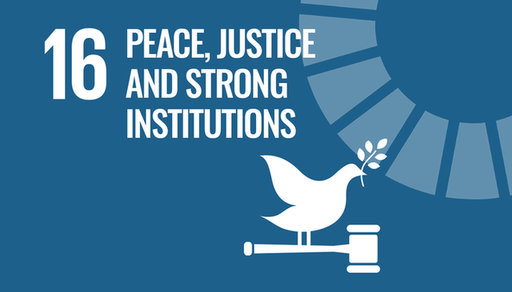
Peace, justice and strong institutions
The dove of peace is an international symbol of peace. Peace is closely linked to an inclusive society and an inclusive work environment, in which each person can flourish. All people should feel welcome and be given equal opportunities, regardless of gender, race, religion, age, culture, or sexuality. They should have a sense of security, fulfillment, and purpose in their work.
How? With our ‘Open & Out’ project we want to make Johnson & Johnson the employer choice for LGBTQ (Lesbians, Gay, Bi, Trans and Queer) people. We want to achieve this by creating an environment where there is respect for diversity and dignity, so that everyone can feel proud, integrated and safe. We do this by organizing workshops and trainings, offering talent development programs, and organizing events in cooperation with local civil society organizations.
With whom? We achieve an inclusive work environment together with all our employees. For our activities in local communities, we collaborate with various civil society organizations.
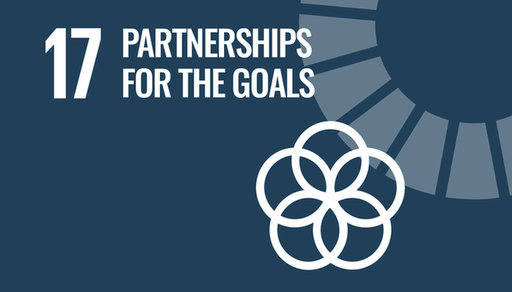
Partnerships for the goals
“We need action from everyone, everywhere.” These are the words of Ban Ki-Moon, former Secretary-General of the UN. In order to achieve all Sustainable Development Goals (SDGs) by 2030, governments, businesses, citizens and organizations must work together. This concerns technology, knowledge transfer, trade, data, policy coherence and financial flows.
How? As a global healthcare company, we see it as our responsibility to sustainably improve the health and well-being of all people in the world. That is why we want to make the SDGs an integral part of our work. We want to create an impact on each of the 17 SDGs, not just on the core themes that suit a pharmaceutical company. That is why we carry out many projects together with our partners. An example of such a collaboration is our ‘Mental Health Diplomates’ project. Did you know that one in four people in Belgium suffers from mental health problems? 6 That is why we are committed to improving care for patients with mental illness, so that they can once again participate fully in society. An important obstacle remains the way in which society perceives mental health problems. By starting an open and honest conversations, we want to break the stigma surrounding mental illness. We do this is different ways: for example, by organizing ‘Mental Health cafés’ for our own employees where we talk openly about topics such as stress and depression.
With whom? In order to break the stigma, we work together with many different partners, including patient organizations, expertise centers and healthcare providers.
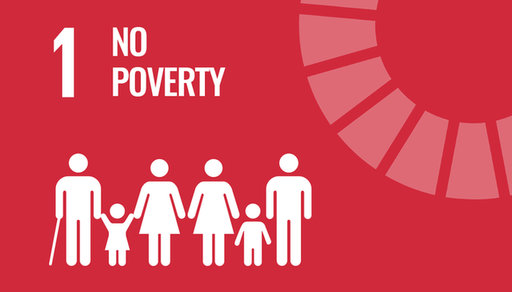
No poverty
A large part of the world’s population is too poor to pay for – often life-saving – medicines for treatable diseases. As a result, some diseases will lead to even more poverty. There are, for example, still 1.5 billion people suffering from worm infections worldwide.1 Many of them are young children.
How? We contribute to the battle against poverty by making our anti-worm medicine available free of charge to the most vulnerable populations. With our donation program we have already distributed 1.4 billion doses.2 In the period 2021-2025 we will make another billion doses available.3
With whom? Our anti-worm drug is distributed through the World Health Organization’s donation programs.
1 https://www.who.int/news-room/fact-sheets/detail/soil-transmitted-hel minth-infections
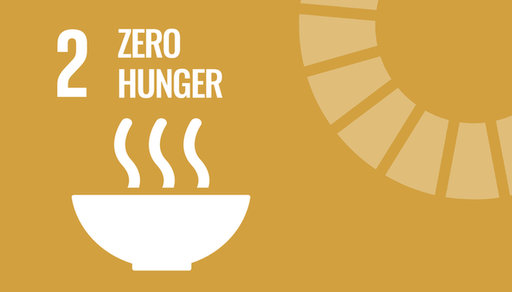
Zero hunger
Content follows suit
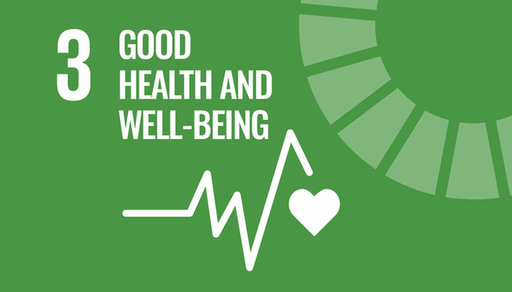
Good health and well-being
At Janssen Belgium, we use our scientific knowledge and expertise to discover and develop medicines. With these medicines, we want to help improve patients’ quality of life. With our innovative medicines, we contribute to the health and well-being of people all ages, and that is exactly what SDG 3 is all about.
Every new, innovative drug is the result of years of research and development (R&D). Discovering and developing new medicines is a complex process that takes place on a global scale and involves great uncertainty. It is a cyclical process: the fight against cancer, for example, is a step-by-step process and with every step we take, successful or not, we learn more about the disease. In the case of drug innovation, not all activities lead to the hoped-for result, but that does not mean that they are a waste of resources: the knowledge gained always fuels the next steps in the development programs. We equally learn a lot from research that does not immediately lead to a new drug. This R&D cycle is essential to develop new drugs that contribute to the health and well-being of all people worldwide. That’s why we invested $8.44 billion in research and development worldwide in 2018. Our commitment to research and development is also reflected in our workforce: approximately 3,000 Janssen employees in Belgium work in R&D.
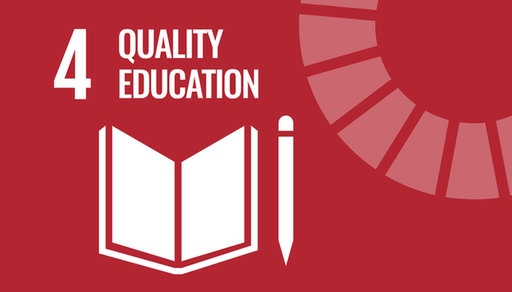
Quality education
Who did not used to dream about what he or she wanted to become later on? Yet some children are not aware of their possibilities, because they cannot be made sufficiently aware of it at home and at school.
How? We bring socially vulnerable young people in Belgium in contact with inspiring professionals from the field of science during workshops. We do this in cooperation with TADA (Future Atelier de l’Avenir), to stimulate young people to think about their future. In this way we contribute to the prospects of socially vulnerable children aged 10 to 14 living in socio-economically disadvantaged neighborhoods. Our colleagues participate to teach the children more about the fascinating world of Life Sciences. In addition, with financial support we contribute to a larger reach for TADA, so more disadvantaged children can participate in their activities.
With whom? In Belgium we work together with TADA.
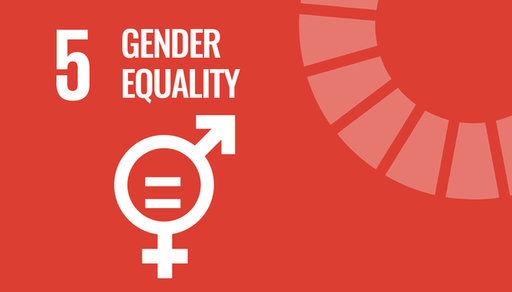
Gender equality
Women and girls play a key role in the sustainable improvement of our world, especially through technology and science. Despite efforts by governments and the business world, there are still too few women working in these sectors today.
How? With our WiSTEM2D project – which stands for Women in Science, Technology, Engineering, Mathematics, Manufacturing and Design – we contribute to gender equality and empowerment for women and girls in technology and science. We want to inspire girls between the ages of 10 and 14 to choose a scientific discipline. We do this by introducing them to positive, female role models from the Life Sciences sector, who explain why they have chosen an exact science, and what they achieve with their daily work. It is precisely this focus on impact that is important for girls: we therefore want to demonstrate concretely how they can make a real difference in this world by means of scientific work. By 2021, WiSTEM2D should have reached 50.000 young girls in the Benelux.
With whom? WiSTEM2D will be established in co-creation with a consortium of different partners, including companies, governments, universities, NGOs, and media companies.

Clean water and sanitation
Climate change has a major impact on drinking water supplies worldwide. Drinking water scarcity is already problematic and will only increase in the future. We therefore need to use water sparingly and reduce the proportion of untreated wastewater.
How? Our ‘Plant on a Truck’ project cleverly reuses water: in this way we contribute to clean water and sanitation. Plant on a Truck is an innovative concept that treats process water ‘on site’ in a mobile purification installation, so that it can then be sent to the wastewater plant. This way, we can destroy toxic components and purify the water. Additionally, we also use innovative technology to avoid waste and reduce CO2 emissions. It is our goal to eventually make all our production-processes circular.
With whom? For the Plant on a Truck project, we work together with InOpSys. To reduce the amount of waste, we work together among others with De Neef Chemical Processing (DNCP).